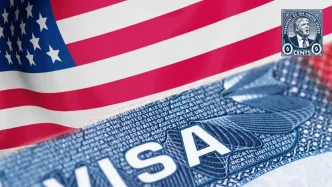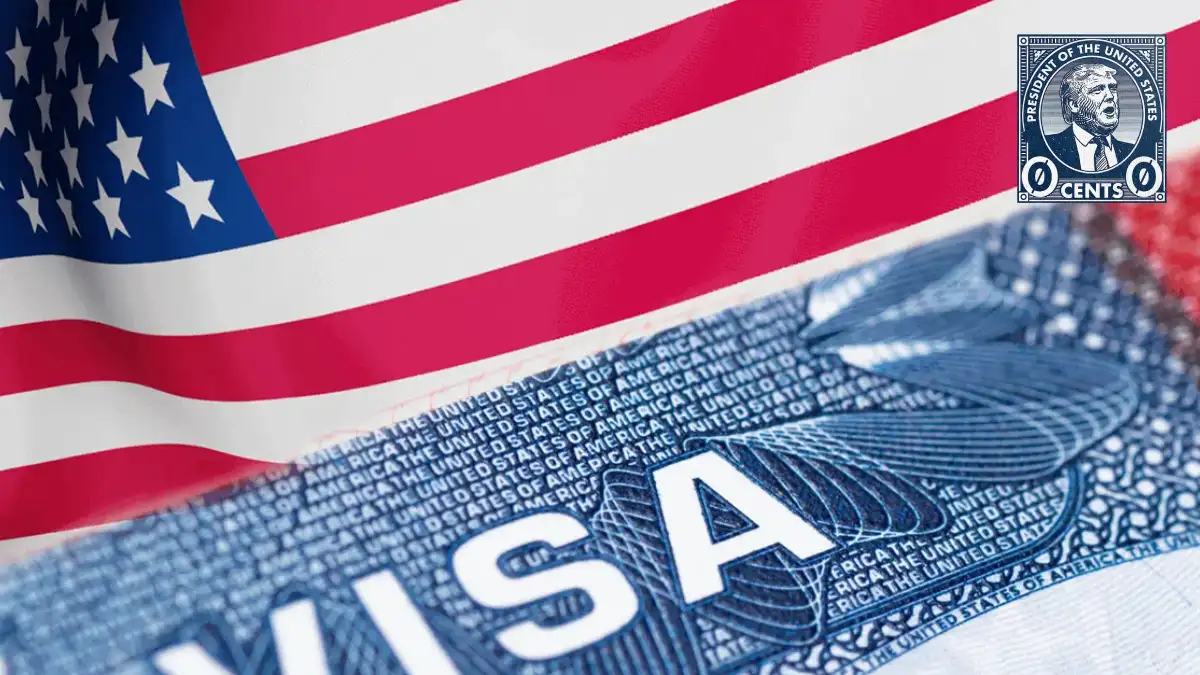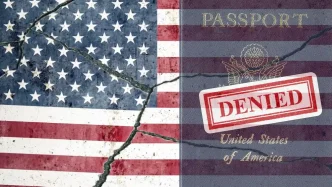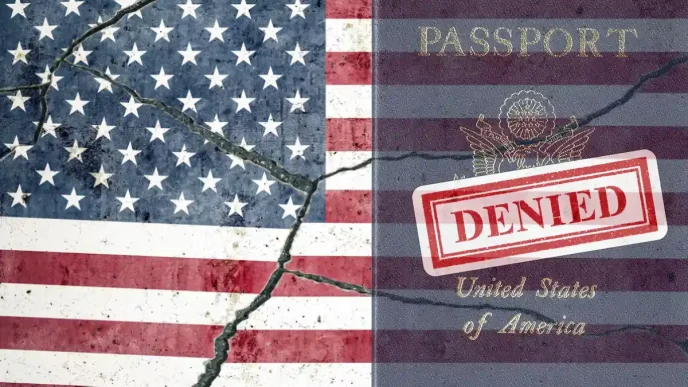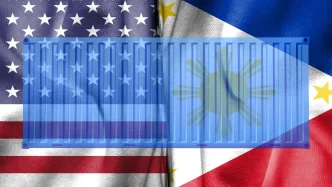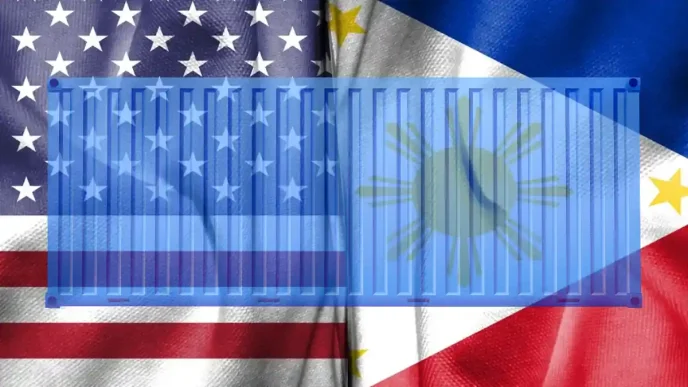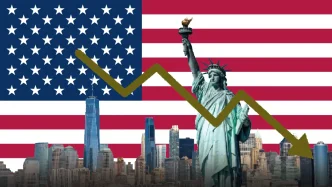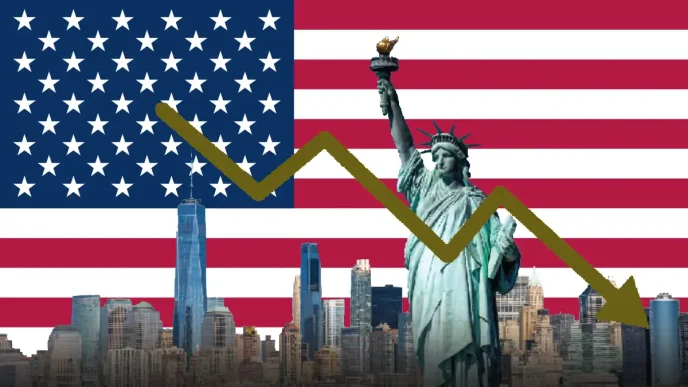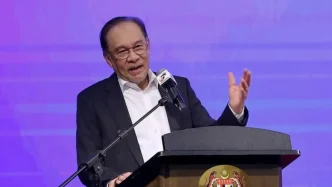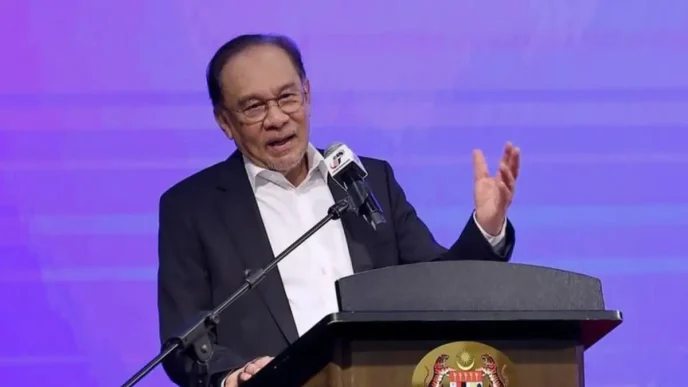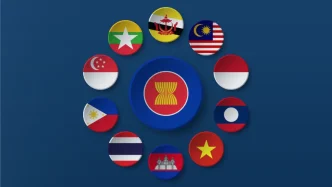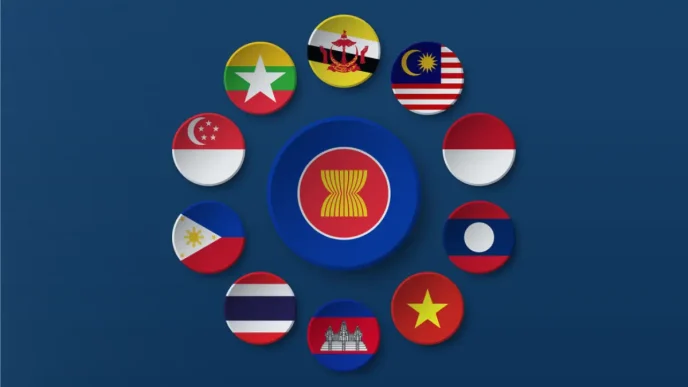A new “visa integrity fee” introduced by the Trump administration under the recently enacted One Big Beautiful Bill Act has raised eyebrows among international travelers, including those from South East Asia planning trips to the United States. Set at a minimum of $250 for the fiscal year 2025, this fee targets visitors requiring nonimmigrant visas, such as tourists, business travelers, and students, adding a fresh financial burden to their journey. With details of implementation still unclear, travel organizations and legal experts warn of potential confusion and challenges ahead.
Analysts have pointed out that the visa integrity fee may reflect a broader strategy by the Trump administration to shore up federal revenue under the guise of immigration control. With the Congressional Budget Office projecting nearly $29 billion in deficit reduction over the next decade from this provision alone, critics argue that the policy serves as a revenue stream more than a genuine enforcement tool. They note that compliant travelers are being asked to shoulder costs largely unrelated to their own behavior, fueling skepticism about the administration’s motives.
A New Financial Hurdle for Travelers
The visa integrity fee, mandated by the One Big Beautiful Bill Act, applies to all nonimmigrant visa applicants without exception or waiver. The fee starts at $250, though the Secretary of Homeland Security holds the authority to increase it. Beyond 2025, the fee will be adjusted for inflation, potentially raising costs further for future travelers. Unlike other fees that might be waived under specific circumstances, this charge is mandatory and paid at the time of visa issuance, meaning those denied a visa will not incur the cost.
This fee does not replace existing charges but is added on top of them. Regular visa application fees, such as the $205 fee for an H-1B worker, remain in place, pushing the total cost to at least $455 for some applicants. Additionally, the One Big Beautiful Bill Act has raised the Form I-94 fee—a mandatory charge for most travelers submitting an arrival and departure record—from $6 to $24. For a family of four traveling from Bangkok or Ho Chi Minh City to the US, these combined fees could significantly inflate the cost of their trip, potentially deterring leisure or business travel.
Reimbursement Possibilities and Uncertainties
While the fee is non-negotiable at the point of payment, there is a sliver of hope for reimbursement under strict conditions. According to the provisions of the Act, visa holders must adhere to all visa terms, including avoiding unauthorized employment and not overstaying their visa validity by more than five days. Reimbursements, if approved, will only be processed after the visa expires, which could mean a wait of several years for those holding multi-year visas.
However, the reimbursement process remains shrouded in ambiguity. The U.S. Congressional Budget Office has estimated that only a small fraction of visa holders will pursue refunds, partly due to the anticipated delays in establishing a clear mechanism for claims. Legal experts have expressed skepticism about the practicality of refunds, with some advising clients to treat the fee as effectively nonrefundable. The complexity of reclaiming funds from government entities adds another layer of doubt for travelers hoping to recover their money.
Implementation Challenges and Industry Reactions
Details surrounding the rollout of the visa integrity fee are sparse, creating what a spokesperson from the U.S. Travel Association described as “significant challenges and unanswered questions regarding implementation.” It remains unclear when the fee will take effect, how it will be collected, or who precisely will manage the process. The Department of Homeland Security (DHS), tasked with charging the fee, does not oversee the visa application or issuance system, raising logistical questions about integration into existing frameworks.
A DHS spokesperson acknowledged the need for cross-agency coordination before the fee can be implemented, signaling potential delays. Travel industry leaders have voiced frustration over the lack of clarity, particularly as the United States gears up to host major international events in 2026, such as the America 250 celebration marking the nation’s 250th anniversary and parts of the FIFA World Cup. These events are expected to draw significant numbers of visitors from South East Asia and beyond, many of whom may now face unexpected costs.
The U.S. Travel Association has expressed mixed feelings about the broader One Big Beautiful Bill Act. While praising investments in infrastructure, air traffic control, and border security, the organization’s President and CEO, Geoff Freeman, criticized the new fee and simultaneous cuts to Brand USA, the country’s destination marketing body. Brand USA’s funding has been slashed from $100 million to $20 million, a move compounded by the U.S. Commerce Department’s decision to dismiss nearly half of its board members earlier this year. Fred Dixon, Brand USA’s president and CEO, lamented the reductions but remains optimistic about restoring funds for 2026 to support inbound travel, a critical driver of the U.S. economy.
Impact on South East Asian Travelers
For travelers from South East Asia, particularly those from countries like Thailand, Vietnam, and Indonesia who typically require nonimmigrant visas to enter the United States, the new fee could dampen enthusiasm for trans-Pacific trips. Leisure and business travelers—categorized under B visas—along with international students, are expected to feel the pinch most acutely. An additional $250 per person, combined with the increased Form I-94 fee, might force families or small business owners to reconsider their travel plans, especially for short-term visits.
Unlike citizens of Visa Waiver Program countries such as Australia, Japan, and many European nations, most South East Asian travelers must navigate the visa process, making the fee an unavoidable barrier. For students from cities like Jakarta or Manila hoping to study in the US, the cumulative cost of application fees could strain budgets already stretched by tuition and living expenses. The timing of the fee’s introduction, ahead of high-profile events in 2026, risks casting a shadow over America’s appeal as a welcoming destination.
Purpose and Broader Implications
The stated goal of the visa integrity fee, as articulated by a DHS spokesperson, is to restore trust in the U.S. immigration system through policies and resources embedded in the One Big Beautiful Bill Act. Data from the U.S. Congressional Research Service indicates that visa overstay rates among nonimmigrant visitors have historically been low, with only 1%-2% exceeding their authorized stay between 2016 and 2022. However, a significant portion—estimated at 42%—of the 11 million unauthorized individuals in the US originally entered legally before overstaying, a statistic the administration may be targeting with this measure.
Critics argue that the fee places an unfair burden on compliant travelers while doing little to address systemic issues within immigration enforcement. The financial windfall from the fee, projected by the Congressional Budget Office to reduce the federal deficit by $28.9 billion over the 2025-2034 period, suggests a revenue-driven motive alongside policy objectives. Yet, without a transparent implementation plan, the fee risks alienating international visitors at a time when the US seeks to bolster its global image through cultural and sporting events.
Looking Ahead
As the visa integrity fee awaits implementation, travelers from South East Asia and beyond are left grappling with uncertainty. Will the fee deter tourism and business exchanges at a pivotal moment for the U.S. economy? How will reimbursement mechanisms evolve, and can they be made accessible to the average visa holder? For now, those planning trips to the United States must prepare for additional costs and unanswered questions, hoping for clarity from policymakers in the months ahead.

